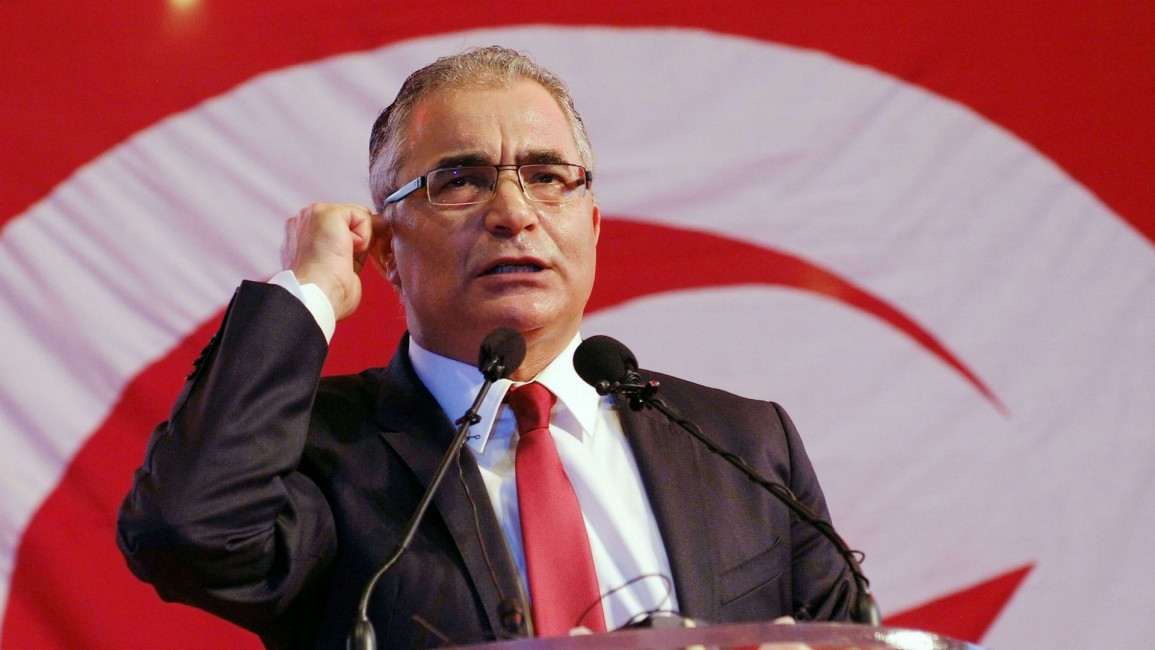Controversial Tunisian politician denies reports of 'Assad apology trip'
An anti-Islamist Tunisian politician has denied reports he was preparing to travel to apologise to Syrian President Bashar al-Assad and congratulate him for "liberating" the city of Aleppo.
Mohsen Marzouk, the leader of Tounes Movement Project [Machrou Tounes], was allegedly supposedly set to fly to Damascus to apologise to the Syrian strongman for the Tunisian government's past positions on the bloody civil war.
An unnamed source told Tunisian news site al-Sabah on Monday that Marzouk and a delegation of other party officials were going to meet with Assad to improve relations between the two countries.
Machrou' Tounes released a statement on Facebook the next day strongly denying the report.
"ًWe stress that all news should come through official statements. We are shocked that this report was published on several sites without us being allowed to respond," the statement read.
In March, Marzouk launched the Machrou' Tounes movement, which rejects mixing religion and politics and mimics many of the policies of pre-revolutionary Tunisia.
 |
Tunisia's former Islamist president Moncef Marzouki severed ties with Damascus in 2012 and called for Assad to step down from power. |  |
Tunisia's former Islamist president Moncef Marzouki severed ties with Damascus in 2012 and called for Assad to step down from power.
Current President Beji Caid Essebsi seems to have taken a more neutral stance.
When asked in May if Tunisia was taking steps to re-establish relations with Syria, Essebsi said he "ًwas acting in accordance with a common Arab agreement"ً.
"ًWe will take the decision that will be approved by the Arab community,"ً he added.
In contrast, Marzouki called on the Essebsi this month to meet with the ambassadors of Russia and Iran in protest of "ًterrible abuses against civilians in Aleppo"ً.
Tunisians reportedly make up the largest percentage of the foreign Arab fighters in Syria, the UN has said that there are more than 5,000 Tunisians fighting for militant groups abroad, mainly in Syria, Iraq and neighbouring Libya.
Tunisia's security forces called on the government to take "exceptional measures" to combat the return of militants fighting for extremist groups abroad on Sunday, as hundreds of protesters gathered to denounce the return of Tunisians fighting abroad.
Marzouk also spoke about the threat, warning in a statement that "every returning jihadist" was like a "time bomb".



